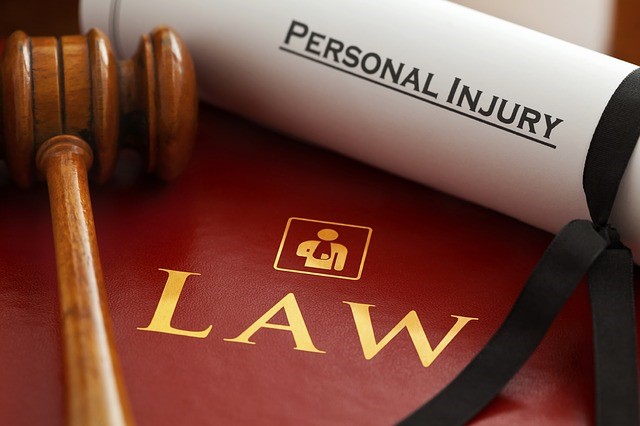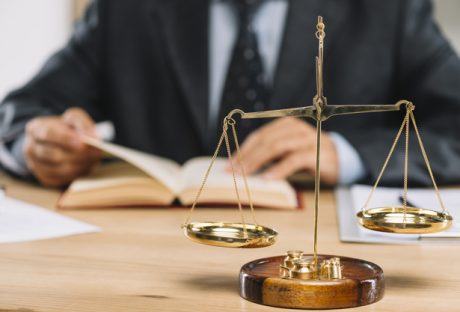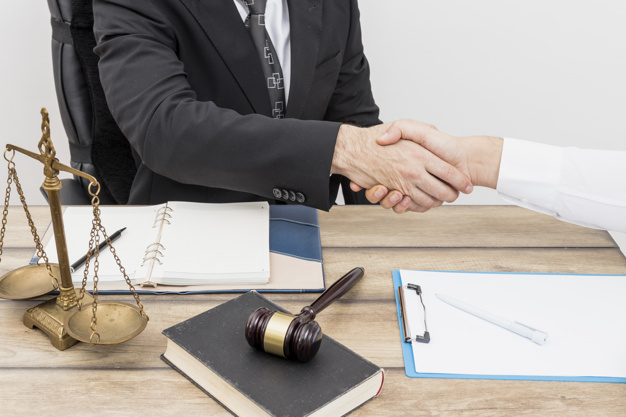The modern digital workforce has changed the way employees work or rather from where. The recent COVID-19 Pandemic has shown that working from a remote location isn’t a luxury anymore.
However, even when employees are based in a home office, it doesn’t mean that accidents can’t happen. So what happens if your staff member is on the clock and gets injured while working?
Company Legal Responsibility
The question is if one of your workers gets injured during work hours, is your company liable? According to law experts at flcrimedefense.com, the short answer is yes.
When working from home, employees are entitled to the same worker’s comp benefits as their office-bound colleagues. As an employer, the fact that you have no control over your employee’s remote workspace conditions is irrelevant. Any injuries must be reported to your insurer.
A licensed adjuster will determine the coverage and benefit eligibility. As a business owner, you’re responsible for providing a safe work environment. It’s regardless if it’s at your premises or a remote location.
Criteria for Work-Related Claims
Of course, no one expects you to take the employee’s claims at face value. Some questions will help determine whether a home sustained injury was work-related. The three main things that workman’s comp will want to know is:
- Were you as the employer benefiting from the employee’s actions when they got hurt?
- Did the company require the individual to engage in the injury-causing activity?
- Did you give your permission for the off-site work in advance?
If, for example, an employee is injured in the company’s cafeteria while having lunch on-site, the workmen’s compensation will cover those injuries because it benefits the employer.
Having the individual on-site saves the organization time and keeps the person accessible should they be needed when on break. This analysis works the same for telecommuting employees.
If a worker can reasonably explain how an injury is work-related, chances are they’ll get the benefit of the doubt.
Protecting Your Business
You can protect your business by creating practices that may limit liability for home-based employees. Some recommended actions include:
- Creating a policy that outlines the company’s expectations for remote staff.
- Develop a set of guidelines for a home office, which includes having a designated work area.
- Providing training related to setting up the correct safety measures with a focus on ergonomics.
- Establishing operational hours, meal times, and rest periods for remote workers. Having this in place will help determine whether a claimed injury occurred within the course of employment.
- Ensuring that you’ve got workers comp insurance that’ll protect your business against lawsuits resulting from accidents.
Final Thoughts
Figuring out if an employee is entitled to compensation for an injury when working from home is difficult. As a business, you’re responsible for providing your remote workers the same benefits as office-bound staff.
If you want to establish if an injury was work-related, there are a series of questions that you can ask your employee. Ensure that you have the right policies and insurance coverage. It will protect your company from any lawsuits resulting from workplace accidents.
Read More:
























